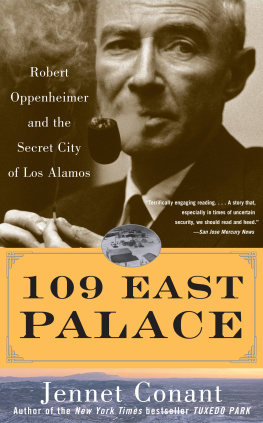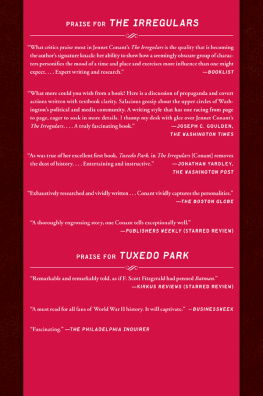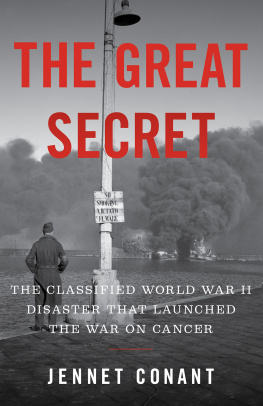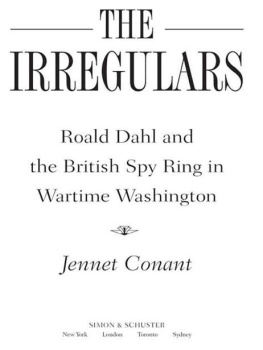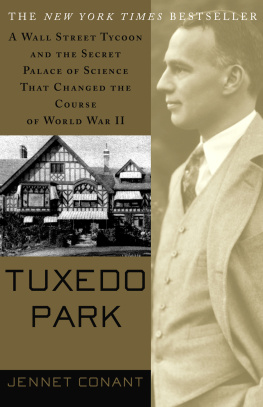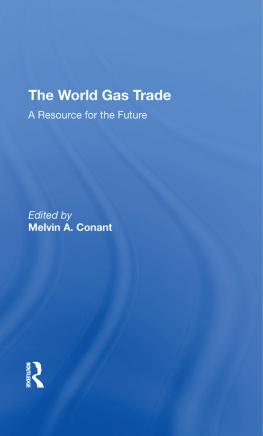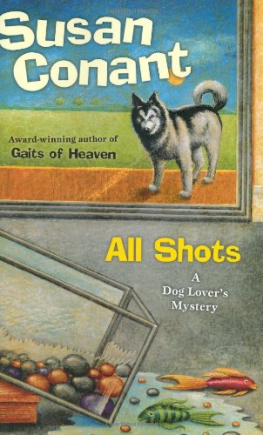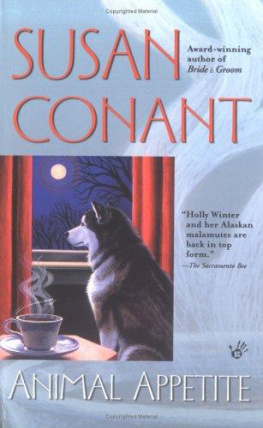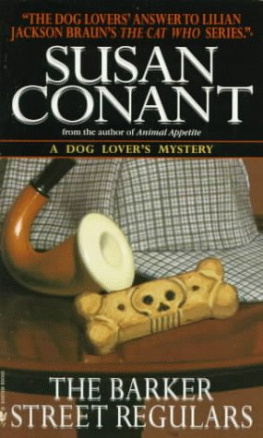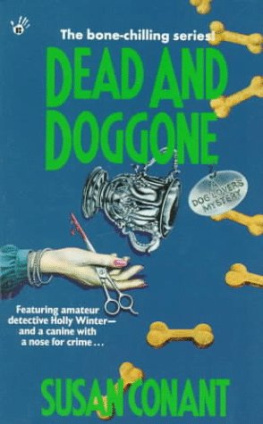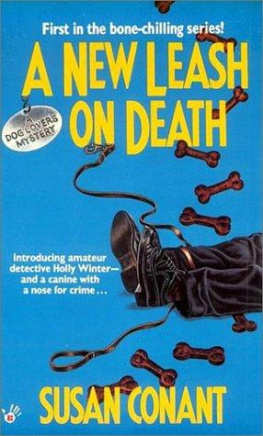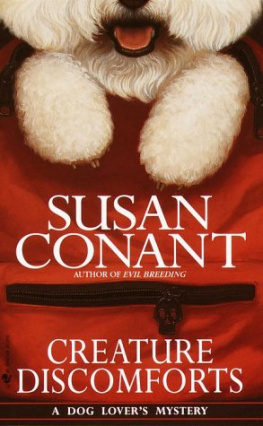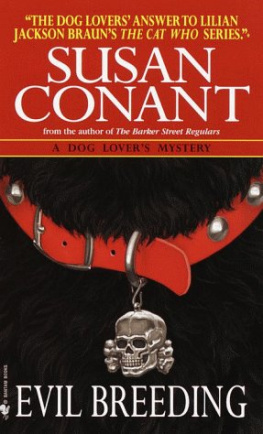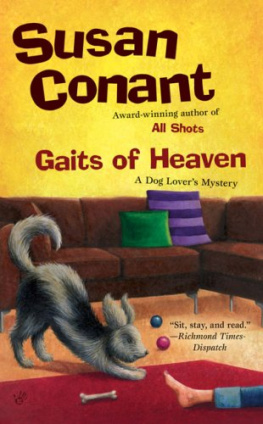Thank you for downloading this Simon & Schuster ebook.
Get a FREE ebook when you join our mailing list. Plus, get updates on new releases, deals, recommended reads, and more from Simon & Schuster. Click below to sign up and see terms and conditions.
CLICK HERE TO SIGN UP
Already a subscriber? Provide your email again so we can register this ebook and send you more of what you like to read. You will continue to receive exclusive offers in your inbox.
We hope you enjoyed reading this Simon & Schuster ebook.
Get a FREE ebook when you join our mailing list. Plus, get updates on new releases, deals, recommended reads, and more from Simon & Schuster. Click below to sign up and see terms and conditions.
CLICK HERE TO SIGN UP
Already a subscriber? Provide your email again so we can register this ebook and send you more of what you like to read. You will continue to receive exclusive offers in your inbox.
For my family
C HAPTER 1
Atomic Pioneer
Here sits a man who perhaps is carrying a bit of the atomic bomb in his waist-coat pocket.
Vyacheslav Molotov to JBC
C hristmas Eve, 1945. Moscow was blanketed under a thick coat of snow. There were almost no cars about. His driver eased down ruined streets that made it look like a country still at war. The winter blizzards had begun before the rebuilding had gotten under way, and now it would have to wait for the thaw. Unfinished buildings stood frozen in time. Stores looked dark and uninviting, and appeared to offer little for sale. Even so, huge numbers of people gathered outside the shops and still more filled the crowded sidewalks, all carrying parcels. Most were poorly dressed, covered heads bent against the swirling white. Over twenty-seven million Soviet citizens died defeating the Nazis, nearly a third of the countrys former wealth was gone, but Russia was already on the rebound. There were children everywhere. Babiesso many babiesbundled up within an inch of their lives against the bitter cold. Despite its drab appearance, the capital was alive and teeming with humanity. James Conant was a Yankee from hardy New England stock, but he had to admit he was impressed with the Russians. They were a tough race, tested by war, insurrection, and an unforgiving climate. There is no foolishness in this nation, he wrote in his diary. Nothing soft.
As the embassy car approached the gates of the Kremlin, Conant peered up at the gloomy fortress-like complex on the Moskva River that was the seat of the Soviet government. Situated in the heart of old Moscow, bordered by Red Square to the east, and Alexander Garden to the west, it consisted of four palaces, four cathedrals, and some twenty towers enclosed within red turreted walls. The famous citadel had been the imperial residence of the czars for centuries, its opulent interior structures torn down and rebuilt on an ever-grander scale by a succession of monarchs until the Revolution of 1917. Even the Bolsheviks had been unable to resist the urge to glorify their rule. When Vladimir Lenin finally made it his headquarters, he stripped the golden eagles of the old regime from the towers and replaced them with the gleaming red stars of the new Communist order. Now the Russian dictator Joseph Stalin called the Kremlin home, and had chosen the saviors birthday to hold a reception in honor of his victorious allies. Since the atheist Soviet state had banned Christmas as a bourgeois tradition, however, the timing was not nearly as ironic for their host as it was for his guests.
The dinner was held in a cavernous banquet hall. Americas secretary of state, James Francis Byrnes, and Great Britains foreign minister, Ernest Bevin, took their places on either side of Stalin, each flanked by a twelve-man delegation. The Soviet commissar of foreign affairs, Vyacheslav Molotov, was also in attendance, along with various members of the Politburo. The Russians aimed to impress: there were boats of caviar, smoked sturgeon, guinea hen, beef, and lamb and other delicacies, arrayed like a flotilla of silver down the long table, along with oceans of boozechampagne, wine, brandy, and, of course, vodka. As soon as the guests were seated, the toasts began. According to custom, each course was preceded by a toast and a tumbler of vodka, which courtesy required be responded to in kind, toast for toast, drink for drink. One after another, the official toasts were drunkto their nations, peoples, armies, leaders, and innumerable government functionaries present that night. As each ponderous speech of welcome and good wishes had to be translated by an interpreter, even the short toasts seemed long. Conant, unused to so much alcohol, found it hard to relax. If one of the Russian officials were to drink to his health, he doubted his vodka-soaked brain would be able to formulate a suitable reply.
He was still not sure what he was doing there. Two weeks earlier, he had stopped by his Washington office for a few hours when he received a call that the secretary of state was anxious to speak to him right away. When he reported to Byrness office, he was informed an emergency had arisen. The secretary was leaving for Moscow in two days time and wanted Conant to accompany him. The main purpose of the trip was to try to talk to the Russians about international control of the atomic bomb. Byrnes, a short, energetic man with sharp eyes, explained that he needed a bomb expert. Vannevar Bush, the director of the Office of Scientific Research and Development, had fallen ill. Conant, the science administrator who along with Bush had led the Manhattan Project, and had been chiefly responsible for overseeing the development of the revolutionary new weapon, was an obvious choice. His distinguished war service, together with his stature as president of Harvard University, meant he would be able to argue effectively with the Soviet experts. Would he go?
Conant was immediately intrigued by the prospect. He knew a great deal was at stake. Since the first bomb fell on Hiroshima in August of that year, Americas atomic monopoly had divided their countries and cast a pall over postwar peace negotiations. Conant believed the only way to ensure peace was for the United States and the Soviet Union, which until very recently had been allies, to work out their differences and come to some arrangement regarding atomic energy and weapons of mass destruction. Even though it meant that the United States would have to give up its sole possession of the atomic secret, the internationalization of nuclear weapons and their production was the only way he could see to prevent an arms race. Nuclear intimidation was not the way to achieve national security. Having had a hand in unleashing this tremendous destructive force, Conant felt a strong obligation to help see it contained. No one understood better than he the need to outlaw the bombs use in future conflicts, for that way led only to certain disaster and Armageddon.
At the same time, he had no official standing. He was a scientist, not a politician. He had only just returned to Harvard full-time after a four-year absence during the war, and knew accepting another high-profile government assignment would infuriate the university trustees. By then, he had also spent enough time in Washington to worry about what he might be getting himself into by signing up for Byrness Moscow mission. There would be a price to pay, either way.
After some deliberation, he decided he had no choice but to accede to the secretary of states request. He rushed back to Boston and grabbed some winter clothes, and was back in Washington by Wednesday in time to leave with the American delegation from National Airport. They crossed the Atlantic in a special C-47 that was put at the secretary of states disposal, overnighted in Frankfurt, and the next morning took off for Moscow via Berlin despite a warning that a front was closing in. They flew straight into the snowstorm, veering off course and getting lost. For a hair-raising hour or more, they flew blind, searching for lightsany signs of human habitationwhile their fuel was running low. The decision was made that if the pilots could not find the city in the next ten minutes, they would have to turn back. Seconds later, the plane banked sharply, and Conant assumed they were headed for Berlin. Just then, the clouds parted, and the sprawling outskirts of Moscow came into view. Everyone let out a sigh of relief when they landed, even though it was the wrong airport. The Russian officials who met them kept asking why they had attempted such a risky flight. No one had an adequate answer.
Next page

